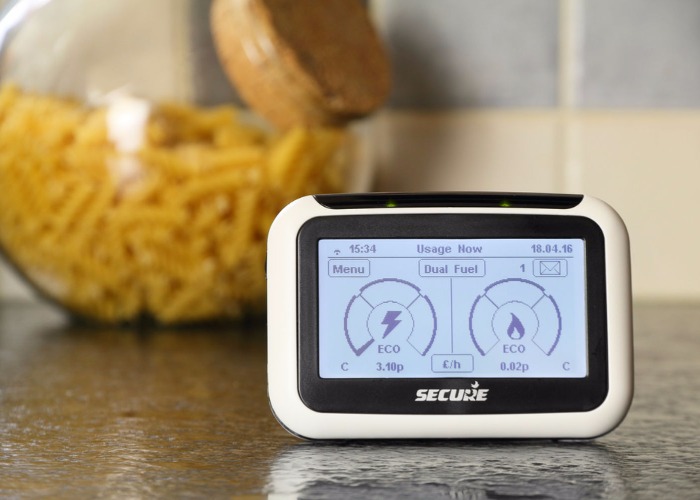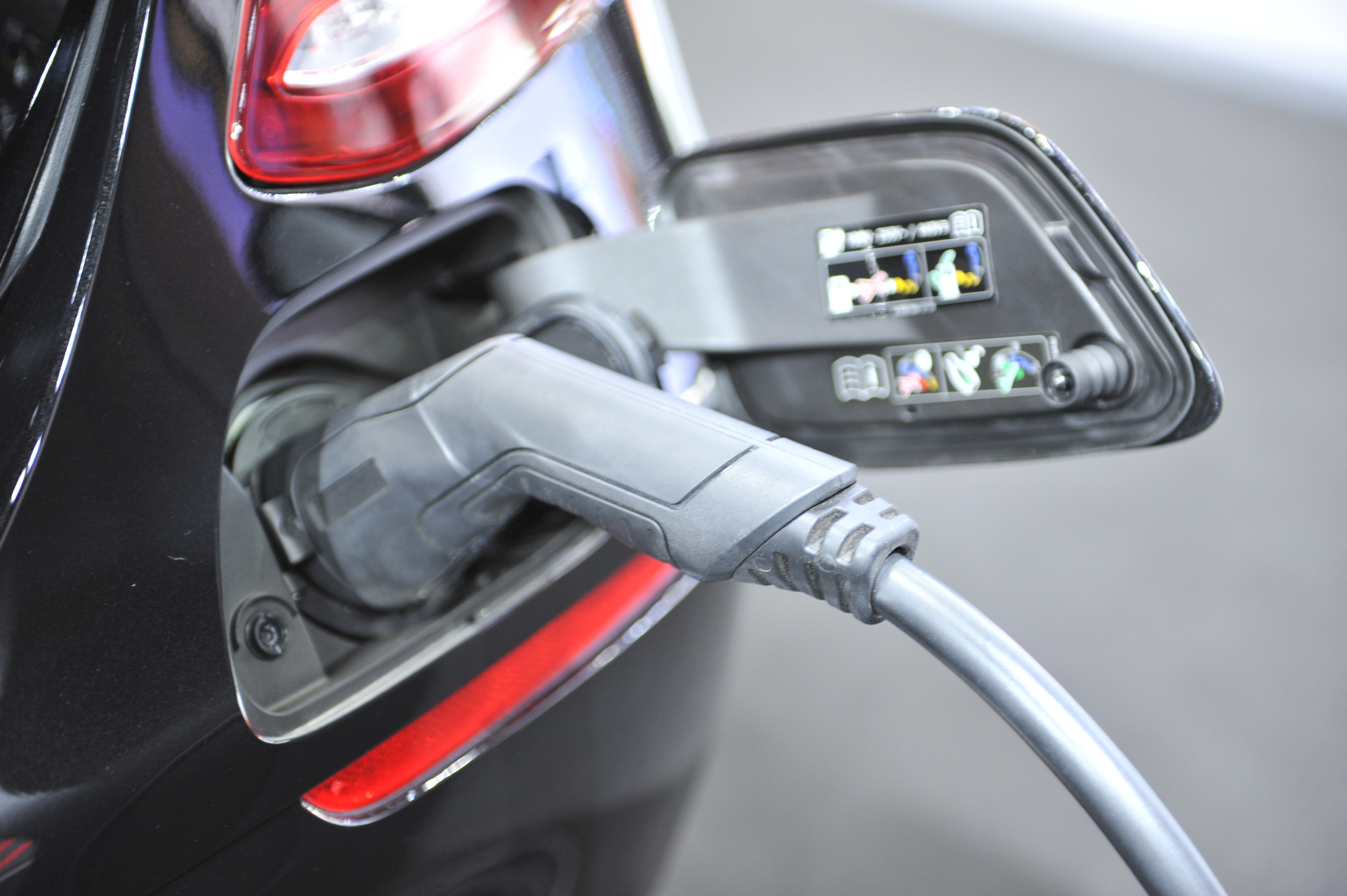How smart meters can save you money: charging through the night, free energy & agile pricing

There’s more to a smart meter than seeing how much your tumble dryer is costing you.
The rollout of smart meters hasn’t exactly gone according to plan.
The original plan was to get these clever gadgets ‒ which can give users a detailed breakdown of precisely where they are using energy in realtime and how much it’s costing ‒ into all homes across the nation by the end of 2020.
That had gone out of the window long before the pandemic hit, with suppliers now given a final deadline of mid-2025 to get them installed in all homes and businesses.
The issues with the rollout are regrettable, given smart meters offer huge potential to help households save some serious cash on their energy use.
Here are just a few of the nifty, innovative ways they are already doing that, beyond simply flagging up that perhaps it’s a good idea not to leave the telly on standby all night.
How to generate and store your own energy
Charging up through the night
One of the big perks of some smart meter systems is that you can dictate precisely when you use energy.
And that in itself can save you some money.
Certain energy tariffs distinguish between peak and off-peak times.
Peak times are precisely when you’d expect, the hours of the day when people are most likely to be using the washing machine, having the heating on, watching the telly, etc.
In other words, the normal hours of the day when most people are up and about ‒ often between 8am and 10pm.
Obviously, using energy during those peak hours then costs more than during the off-peak times, with the selling point that the energy you use during those off-peak hours is seriously cheap.
Clearly, some things need to be on all the time ‒ you can’t exactly leave the freezer off for a few hours unless you fancy a box of defrosted waffles for dinner ‒ but there are other gadgets and tools that only need charging for specific periods of time.
So for example, if you have an electric car, then you can plug it in at home overnight and set your charger to only actually ‘fill up’ your motor during the night.
As a result, you’ll pay a pittance to get that engine fully charged, compared to if you’d recharged it from the moment you got home from work.

Agile pricing
It’s not just through the night when the price you pay for your energy can change though.
The price suppliers charge us for our energy is based on what they pay on the wholesale markets.
But the nature of our tariffs means that it can take an awfully long time for those wholesale price changes to feed into what we actually pay.
It doesn’t have to work like that though.
Octopus Energy for example has come up with an ‘agile’ tariff, where customers get access to half-hourly energy prices, which are tied to those wholesale prices and updated every day.
As a result, when those wholesale prices fall, you should actually get a near-immediate benefit in your energy bills.
And of course, that difference will be even further accentuated if you can shift a decent portion of your energy use so that it’s through the night.
Avoid huge winter bills: boiler cover from £9 a month from YourRepair
Free electricity
There are times when, as incredible as it may sound, National Grid has too much energy on its hands.
When renewable energy is available, National Grid tries to use as much of it as possible, so that it doesn’t go to waste.
But that can mean there is more energy on offer than is strictly needed.
Back in February for example, following a particularly blustery weekend, there was a surplus of wind energy produced.
And customers on time of use tariffs ‒ where it’s cheaper to use energy at off-peak times ‒ ended up the beneficiaries.
As National Grid put it, over that weekend in February “some consumers on these flexible tariffs were offered energy prices that saw them paid for every unit of electricity they used because the supply of electricity was so high due to all the extra wind”.
Avoid huge winter bills: boiler cover from £9 a month from YourRepair
Don’t forget the tariff
There’s no question that the functionality of a smart meter can help you save some decent money on your energy spending.
But that doesn’t mean that you can forget about comparing energy tariffs forever more ‒ there are all sorts of different tariffs designed for smart meter users.
As a result, it’s still important to shop around every year or so to see how your current bills compare to what you could pay with a rival provider.
Having a clever little gadget that ensures you only pay for the energy you use, or when you use it, can only go so far.
In the end, the biggest factor in the size of your energy bills will be the actual cost of the energy you use, no matter whether it’s at two in the afternoon or two in the morning.
*This article contains affiliate links, which means we may receive a commission on any sales of products or services we write about. This article was written completely independently.
Comments
Be the first to comment
Do you want to comment on this article? You need to be signed in for this feature